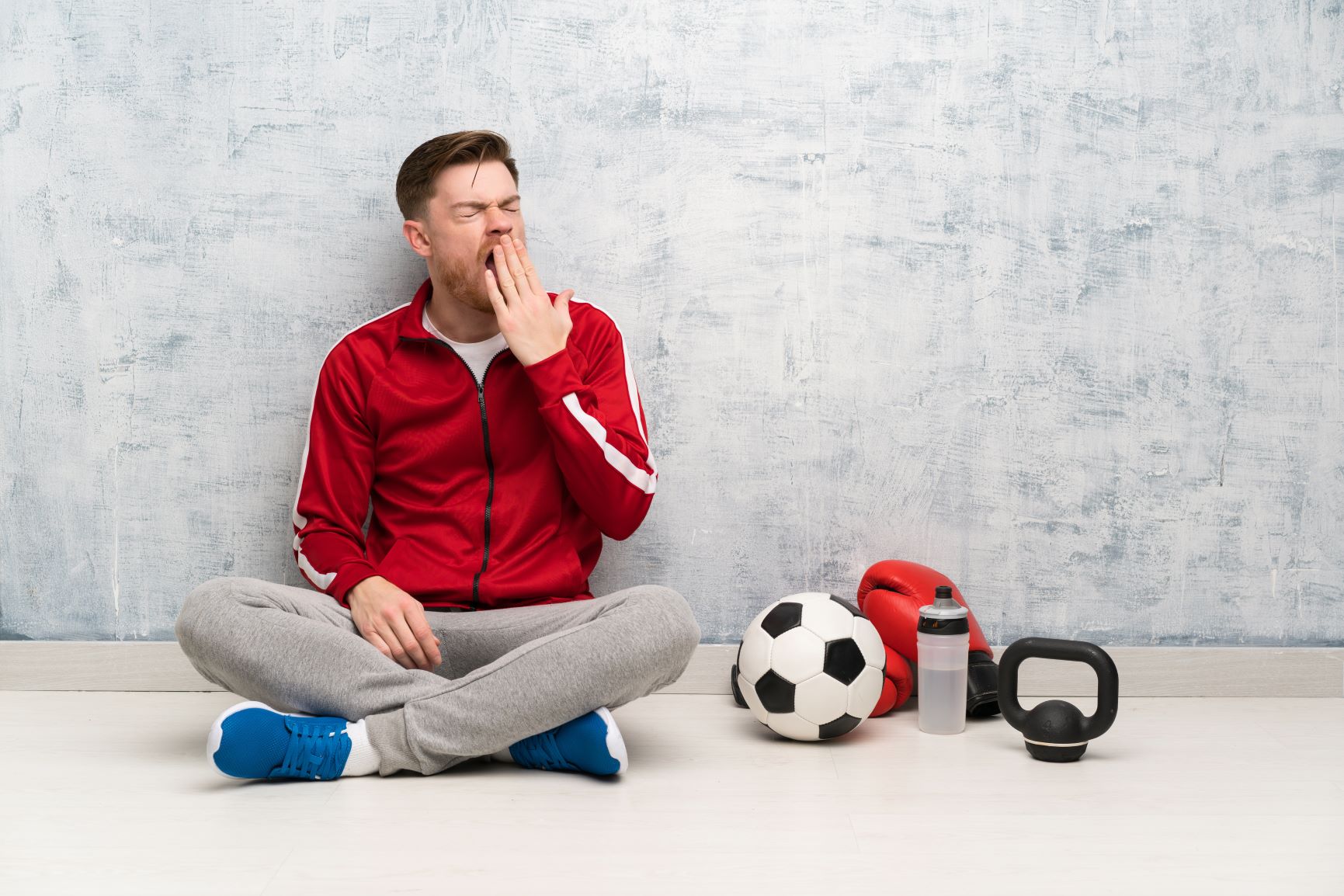Train. Eat. Sleep. Repeat.
Chances are you’re not an elite athlete who does those things on a daily basis – at least not the ‘train’ part, but that doesn’t mean you shouldn’t know what athletes know about sleep.
With the help of sleep coaches, professional athletes have learned about the power of sleep and how it can enhance their athletic performance. This same expert knowledge can translate to daily life and work for the average (non-athlete) American, too.
Here are 4 ways that sleep affects both you and a world-class athlete:
#1 – Learning
Without looking, what was the first word in this article? Did you recall it quickly or after several seconds? Or did you have to look? Learning, memory and accuracy are all affected by sleep.
We often think that sleep before an important event such as a high-level work meeting, job interview or exam is critical to success. However, Dr. Charles Czeisler, known as the Sleep Doctor in the National Basketball Association, says sleep after an event, lesson or game solidifies knowledge. That means the best way to increase memory and accuracy from all your training and learning is to make sure you get the 7-9 hours of sleep needed to cycle through REM and deep sleep, which enable the brain to file and store knowledge.
#2 – Reaction Time
Sleep studies reveal that reaction times triple in sleep-deprived individuals. Whereas normal reaction time is about a quarter of a second, it increases to 800 to 900 milliseconds in those who pulled an all-nighter in a study by Czeisler at Harvard Medical where he is a tenured professor and director of the Division of Sleep Medicine.
Czeisler frames it in a sobering analogy that every adult can understand: 24 hours of no sleep or one week of 4-5 hours a night causes impairment equivalent to 0.1% blood alcohol level. You are considered legally drunk at .08% in every state.
Research says 30% of all working adults in the U.S. and 44% of night workers average less than 6 hours of sleep a night. That puts all Americans at risk if you consider impairment on the road as chronically sleep-deprived drivers, on-the-job safety for personal risk of injury or in public safety jobs that require alertness and decision-making.

#3 – Judgment and Emotions
International sleep experts have found similar results in research on how sleep affects judgment and emotions. In one study using brain scans, it was shown that the connections between the part of the brain responsible for judgment and the area that controls emotions are decreased in those who are sleep-deprived even for one night.
Czeisler said, “Now you have the emotional brain and it’s going off on its own without being kept in check by the judgment area of the brain.”
#4 – Testosterone
Perhaps the sleep science fact that gets more attention than any other, specifically among male athletes, is that testosterone levels can drop considerably after one week of 5 hours or less of sleep. How considerably, you ask? It equates to the difference between a 22-year-old and a 33-year-old man. One study showed a 10-15% decrease in testosterone levels in participants who were limited to 4 hours and 48 minutes of sleep a night for a week. While testosterone is probably most commonly associated with male sexual drive and behavior, it is also important for muscle mass and strength, bone density and overall well-being.
